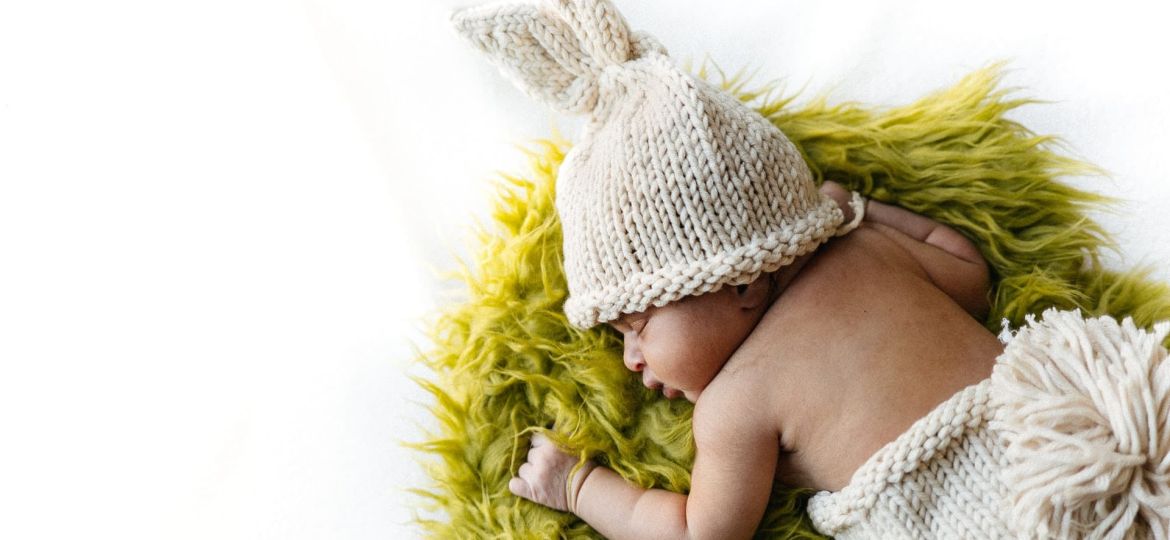
Yes, there is such a thing as a stressed baby! Anxiety is not reserved for adults. Much more: an infant’s stress can come from his own parents or from his environment. How to detect stress in babies and, above all, how to avoid it? Here are a few ideas for consideration.
Possible manifestations of baby stress
From the very first months, a newborn can show signs of stress. As he cannot yet express his emotions in words, he will externalize his discomfort through attitudes that are sometimes difficult to interpret.
Crying: baby starts to sob continuously and seems inconsolable. The arms or the pacifier comfort him a little, but not enough. He screams and yells more than he cries. Perhaps he is hurting somewhere, but this may be a reflection of an emotion that he is unable to channel.
Change in mood: In a child who is usually very energetic, his sudden calmness may reflect an underlying uneasiness. We also notice children who no longer express themselves at all, neither by crying, nor by babbling, nor by the usual babbling.
Appetite disorders: the infant’s anxiety may be characterized by refusal of food, or abdominal pain, or gastric disorders.
Sleep disturbances: this is one of the well-known signs of anxiety, which manifests itself by a problem falling asleep or repeated night-time awakenings.
What can be done to help baby overcome stress?

If the child seems worried and sad as soon as he is separated from his parents, an object such as a blanket or his favorite stuffed animal helps to avoid breaking the link too easily. It brings him a feeling of security.
In any case, to keep a toddler calm, you must be calm yourself. Avoid oppressive situations, such as a family argument. Anger, grief and screaming are clearly perceived by your baby and he will be as stressed as you are in these situations.
The best way to help your baby calm down is to observe his reactions. This way, you can adjust your behavior gently and talk quietly to your baby. Even if he doesn’t speak yet, your words have meaning depending on the tone you use.
If he cries, stay by his side and talk to him with a rhyme or reassuring words. Bath time is also a good way to find serenity in a real moment of zenitude. And then, there’s nothing like little fun games, something to make him smile or laugh, like grimaces! A short, quality, positive moment is better than long, useless minutes.
To track improvements, use a weekly calendar with situations to watch for: sleep, appetite, crying, digestive upsets, etc. Take notes and follow the evolution. This can reassure you and probably improve your baby’s stress level. Parents are the ones who are best able to manage these complicated moments that can destabilize the whole family.
Where does baby’s stress come from?
Separation anxiety (from 8 to 18 months) is what often causes stress in a child. In addition, anything new or changing in routine affects a baby’s behavior.
From the time they wake up to the time they go to bed, the day is broken up into highly organized routines and rituals. If any of these changes, stress can set in. A toddler can be destabilized by a move, a change of nanny (fear of strangers), a separation, or the arrival of a little brother or sister.
Finally, if a mother is depressed, she may be too invasive (too much emotional bonding) or, on the contrary, too absent (no longer gives hugs). These overly positive or negative reactions will affect baby’s stress. It is often frustrating to not be able to engage with a baby. Parent/child interactions remain difficult parameters in baby’s behavior, but they do exist.
And if symptoms persist or worsen, of course, get help from your doctor.

